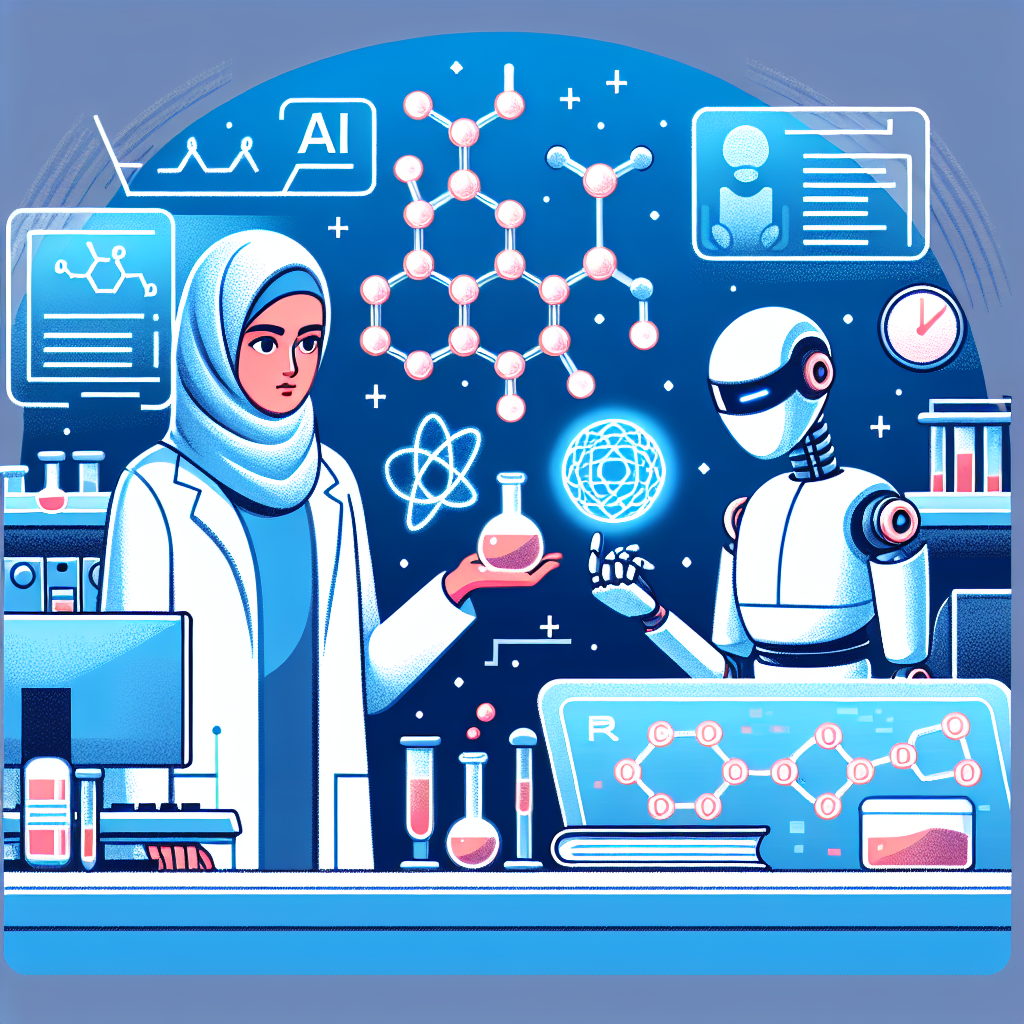The Ethics of AI in Drug Discovery
Artificial intelligence (AI) has been transforming various industries, including healthcare and pharmaceuticals. In recent years, AI has been increasingly used in drug discovery to accelerate the process of developing new medications. While AI has the potential to revolutionize drug discovery by speeding up the identification of new compounds and predicting their efficacy, there are ethical considerations that need to be addressed.
One of the main ethical concerns surrounding the use of AI in drug discovery is the issue of data privacy and security. AI algorithms require access to vast amounts of data in order to learn and make predictions. This data often includes sensitive information about patients, such as their medical history, genetic information, and treatment outcomes. There is a risk that this data could be misused or compromised, leading to breaches of privacy and potential harm to patients.
Another ethical consideration is the potential for bias in AI algorithms. AI systems are only as good as the data they are trained on, and if this data is biased or incomplete, it can lead to biased predictions and decisions. In drug discovery, this could result in the development of medications that are not effective for certain populations or that have unintended side effects. It is important for developers to carefully consider the data they use to train AI algorithms and to actively work to mitigate bias in their models.
Additionally, there is concern about the impact of AI on jobs in the pharmaceutical industry. As AI technology becomes more advanced, it has the potential to automate many tasks that are currently performed by humans, including drug discovery and development. While this could lead to greater efficiency and cost savings, it could also result in job losses and displace workers. It is important for companies to consider the ethical implications of using AI to automate tasks and to develop strategies for retraining and reskilling workers who are affected by these changes.
Despite these ethical concerns, there are also many potential benefits to using AI in drug discovery. AI has the ability to analyze vast amounts of data quickly and accurately, leading to faster and more efficient drug development. AI algorithms can also identify patterns and relationships in data that may not be apparent to human researchers, leading to new insights and discoveries. By leveraging AI technology, researchers can potentially develop new medications more quickly and cost-effectively, leading to improved patient outcomes and reduced healthcare costs.
Overall, the use of AI in drug discovery presents a complex ethical landscape that requires careful consideration and thoughtful decision-making. While there are potential risks and challenges associated with using AI in this field, there are also significant benefits that can be realized through responsible and ethical use of this technology.
FAQs:
1. How is AI currently being used in drug discovery?
AI is currently being used in drug discovery in a variety of ways, including virtual screening of compounds, predicting drug-target interactions, optimizing drug design, and identifying potential drug candidates. AI algorithms can analyze large datasets of chemical and biological information to identify patterns and relationships that can inform the development of new medications.
2. What are some of the ethical concerns surrounding the use of AI in drug discovery?
Some of the ethical concerns surrounding the use of AI in drug discovery include data privacy and security, bias in AI algorithms, and the impact on jobs in the pharmaceutical industry. It is important for developers to address these concerns and to actively work to mitigate potential risks associated with using AI in drug discovery.
3. How can companies ensure that AI is used ethically in drug discovery?
Companies can ensure that AI is used ethically in drug discovery by carefully considering the data they use to train AI algorithms, actively working to mitigate bias in their models, and developing strategies for retraining and reskilling workers who are affected by automation. It is important for companies to prioritize ethical considerations and to engage with stakeholders to ensure that AI is used responsibly in drug discovery.
4. What are some of the potential benefits of using AI in drug discovery?
Some of the potential benefits of using AI in drug discovery include faster and more efficient drug development, improved patient outcomes, and reduced healthcare costs. AI has the ability to analyze large amounts of data quickly and accurately, leading to new insights and discoveries that may not be apparent to human researchers.
5. How can researchers and developers address the ethical concerns surrounding the use of AI in drug discovery?
Researchers and developers can address the ethical concerns surrounding the use of AI in drug discovery by prioritizing data privacy and security, actively working to mitigate bias in AI algorithms, and engaging with stakeholders to ensure that AI is used responsibly. By taking these steps, researchers and developers can help to ensure that AI is used ethically in drug discovery and that the potential benefits of this technology are realized responsibly.

